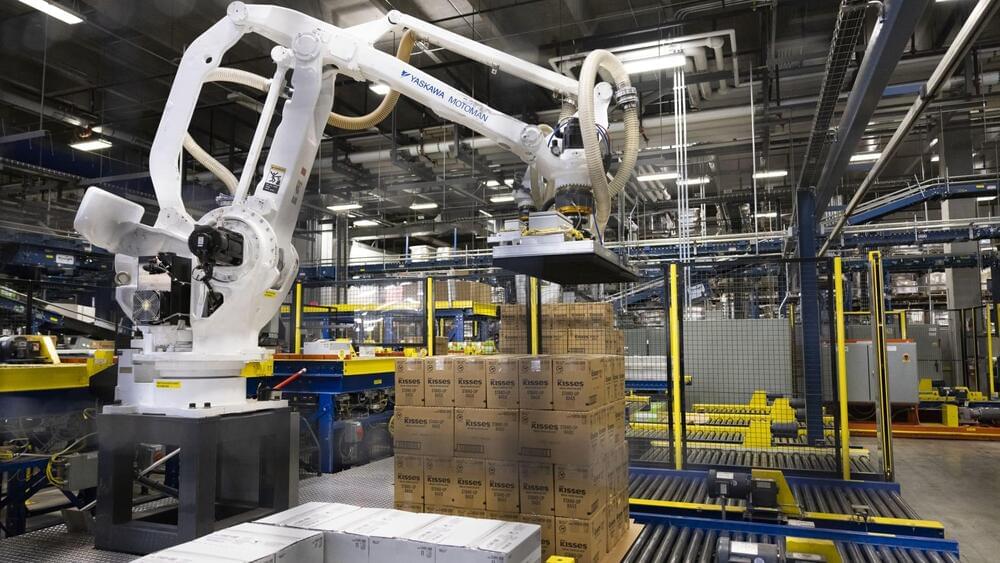And so it begins. I’ve seen one job already on glass door that requires knowledge of AI and I only barely started looking. I wasn’t even specifically looking for AI jobs. I’ve seen other articles where ChatGPT can be used to make thousands in side hustles. So far, so good. I’ll have to check out those job hustles and see if I can make use of those articles. Just one job is enough for me. One article claimed some jobs will pay you as much as 800k if you know AI.
Generative artificial intelligence is all the rage now but the AI boom is not just all hype, said Dan Ives from Wedbush Securities, who calls it the “fourth industrial revolution playing out.”
“This is something I call a 1995 moment, parallel with the internet. I do not believe that this is a hype cycle,” the managing director and senior equity research analyst told CNBC’s “Squawk Box Asia” on Wednesday.
The fourth industrial revolution refers to how technological advancements like artificial intelligence, autonomous vehicles and the internet of things are changing the way humans live, work and relate to one another.





